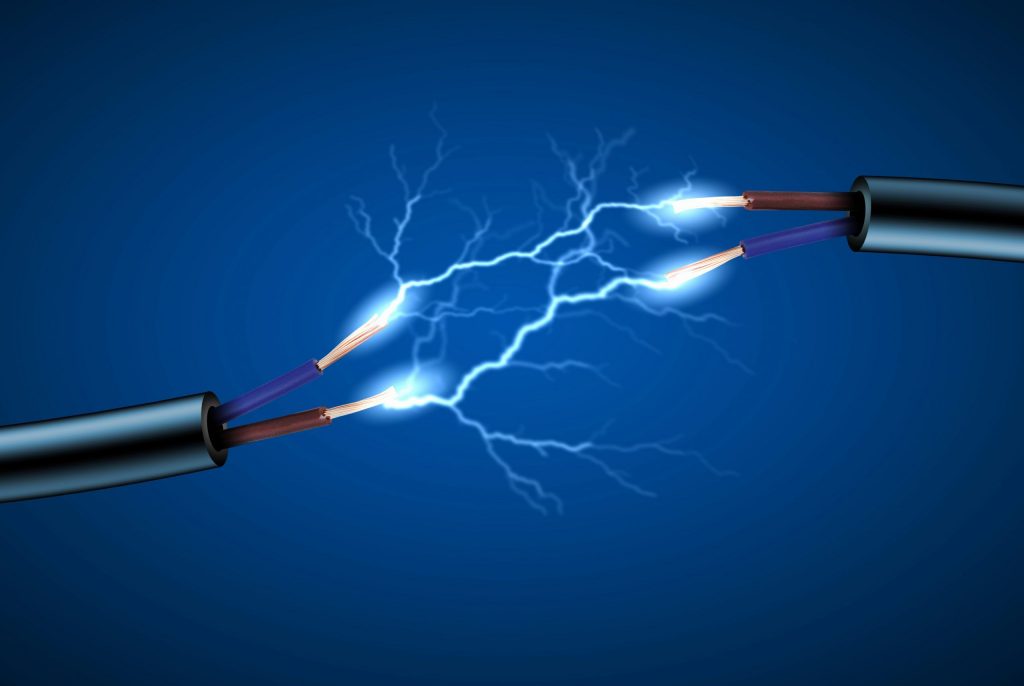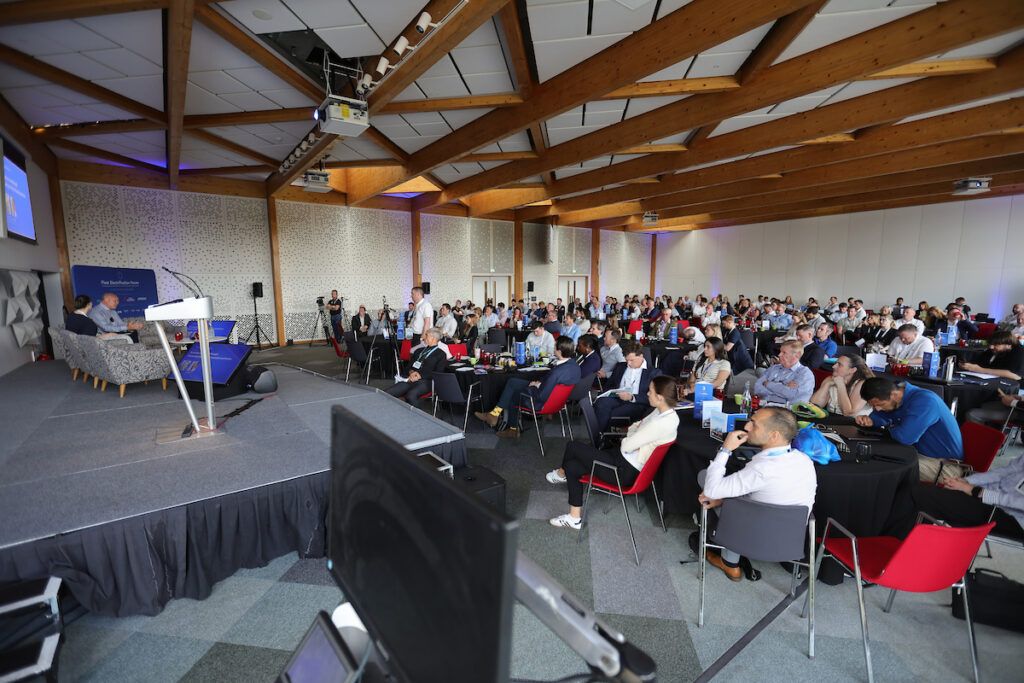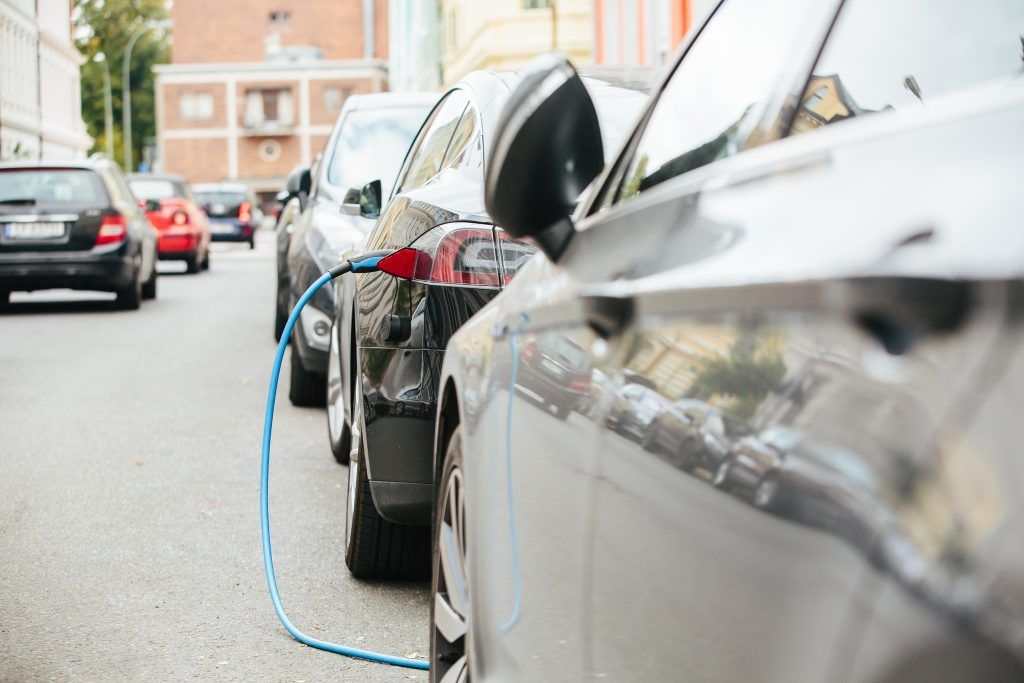Four projects are receiving a share of £4.8 million of government funding to support their work testing and implementing two-way charging technologies which involve electric vehicles.
Families could soon save hundreds of pounds on energy bills by using electricity stored in their electric vehicles (EVs) to power home appliances such as fridges and washing machines.
Households could power their home appliances as a result of the development of bidirectional charging, which enables electricity stored in a vehicle’s battery to flow back into the grid or back into the home and workplaces, which can then be used to power other devices.
This builds on existing smart charging technologies, where EVs can be charged when electricity prices are lower overnight. Families could then use these Vehicle-to-Everything (V2X) technologies to save money on their bills by selling the electricity back to the grid when prices are higher.
Businesses could also benefit from the V2X technologies by storing electricity in their fleets of EVs and using it to power their operations at a later date. These technologies will also help make it even easier to rely on renewable technologies such as solar panels, with less need for fossil fuels to provide for surges in demand by allowing stored renewable energy to be sold into the grid instead.
Four projects are today receiving a share of £4.8 million of government funding to support their work testing and implementing these innovative technologies.
Minister for Affordability and Skills Amanda Solloway said:
“The prospect of families being able to store energy on their doorstep in electric vehicles and use it to power their homes is incredibly exciting.
“This is exactly the sort of ingenuity and creativity that makes the UK one of the world’s most innovative nations.
“By backing this technology, we could save families hundreds of pounds a year, while also supporting jobs, investment and growth.”
Transport Minister for Technology and Decarbonisation Anthony Browne said:
“We’re continuing to support drivers, and this innovative new development is the next step in levelling-up our charging technology, which will benefit many households across the country.
“This Government has already spent over £2bn in the transition to electric vehicles and our charging network is growing at pace, with 44% more public chargepoints than this time last year, meaning drivers can charge more easily than before.”
The successful companies are:
- Hangar19 Ltd in Chelmsford – will demonstrate a three-socket bidirectional charger, making a wider range of EVs available for energy flexibility and bidirectional charging.
- 3ti Energy Hubs Ltd in Leatherhead – will combine a quick-to-deploy bidirectional charging hub with a solar canopy and energy storage battery, house in recycled shipping containers, which can make access to bidirectional charging available in more destinations, including vehicle depots.
- Otaski Energy Solutions Ltd in Gateshead – will trial their bidirectional EV charger to enable fleet EV operators to access energy in a flexible way which could deliver savings in line with electricity supply and demand surges.
- Electric Green Limited in London – will work with QEnergy to trial wireless V2X technology with a fleet of 20 delivery vehicles at Royal Mail.
Today’s funding builds on existing government funding for electric vehicle charging, such as the £70 million pilot scheme, announced at COP28 in Dubai. This will also boost the number of ultra-rapid charge points at motorway services.
It comes as some of the world’s leading car manufacturers are choosing the UK as their home to develop the latest electric vehicles and the battery technology. They include:
BMW, who have announced a £600 million investment to transform their Oxford plant to build the electric Mini.
Tata’s Jaguar Land Rover, who are investing £4 billion in a new gigafactory to create up to 4,000 highly skilled jobs; and Nissan, who have announced they are delivering up to £2 billion investment to create a new electric vehicle manufacturing hub in Sunderland – helping put more zero emission vehicles on UK roads.
The UK has also committed to ending the sale of all new non-zero emission vehicles by 2035 to support the delivery of net zero. This ambition, combined with government support for industry through technologies like V2X, is helping cement the UK’s world leading position in the design, manufacture, and use of zero emissions vehicles, which will provide economic growth by stimulating employment, investment, and exports.








